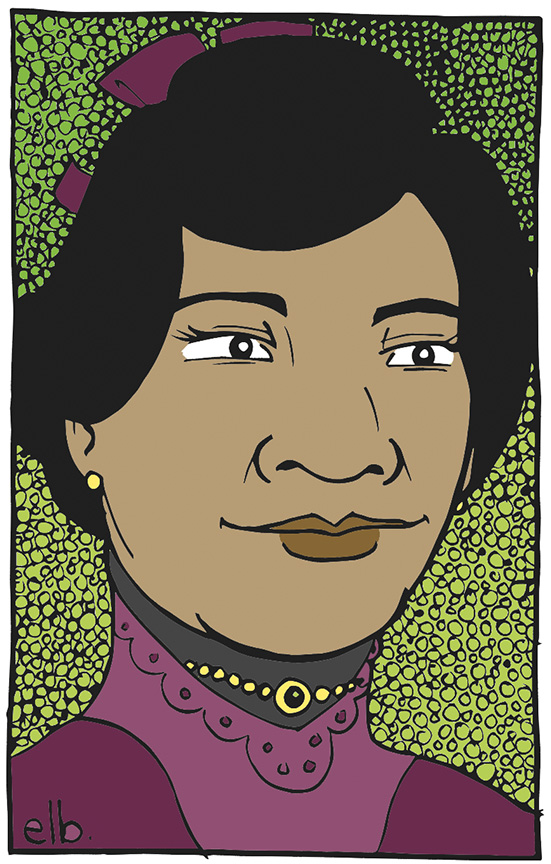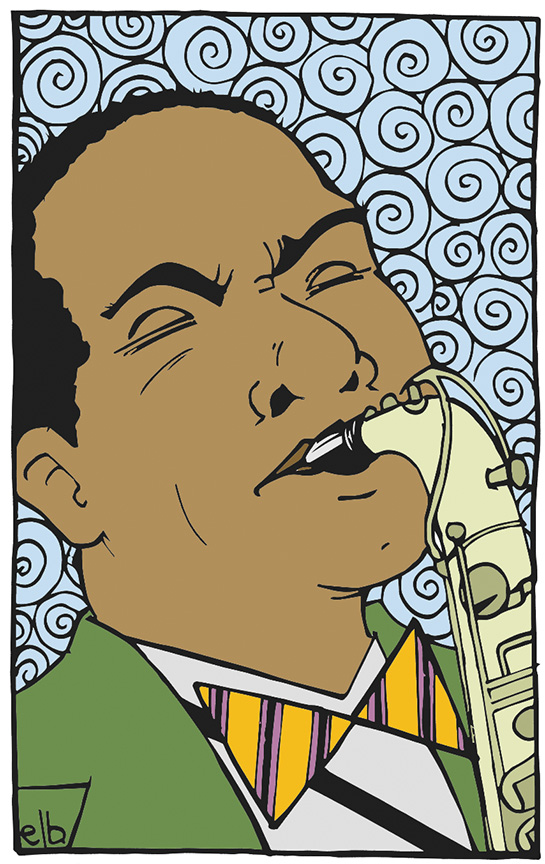Sarah Rector
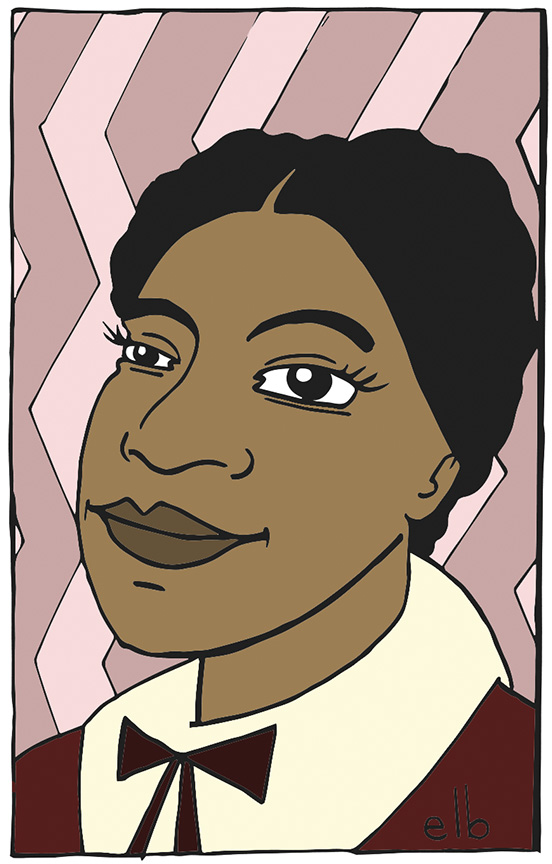
Sarah Rector’s net worth was $11 million in today’s dollar value by the time she was 18 years old.
In 1902, Rector was born in Oklahoma in an area that was then known as Twine, Indian Territory. This was before Oklahoma became a state and the area was owned by the Native American tribe, the Creek.
Members of Rector’s family were slaves to the Creek natives. When Oklahoma became a state in 1907, the federal government gave land allotments to members of the Creek Nation, including then four-year-old Rector.
The land given to Natives, African-Americans, and other non-whites were typically rocky and not suitable for farming.
Rector’s family had to pay land taxes for Rector’s land, which they struggled to afford. Rector’s father, Joseph, tried to sell the land, but the law permitted him from selling land that belonged to a minor. This was a blessing in disguise.
Still struggling to pay the taxes, Joseph leased the land out to an oil company. An oil driller named B.B. Jones found a “gusher” that produced 105,000 gallons of oil a day.
Rector, who was 11 at the time, was making $300 a day, which equates to $7,000 – $8,000 today.
Rector moved to Kansas City in 1920 and bought an already existing home that is now known as the Rector Mansion.
This home sits on the corner of Euclid and 12th street, just outside the border of the present Independence Plaza neighborhood.
Rector died in 1967 at the age of 65.
According to Flatland KC magazine, the non-profit United Inner City Services (UICS) now owns the Rector Mansion and has applied for historic and cultural preservation grants to fund the restoration of the home.
In the meantime, they hired Northeast resident JT Daniels to create murals on the plywood covering the windows and doors which were installed March 22, 2019.
Lafayette Tillman
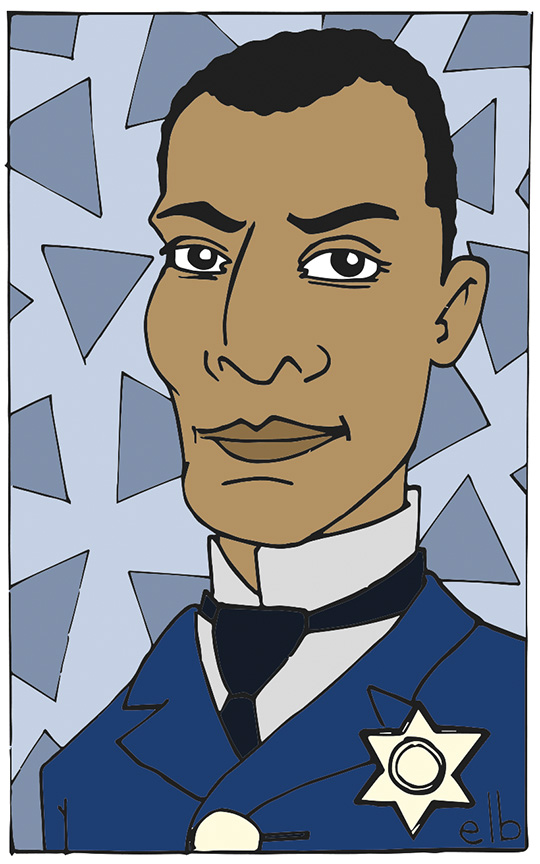
Lafayette Tillman was born in 1859 and pursued a wide array of careers throughout his life.
Born in Indiana, Tillman graduated from Oberlin College in Ohio.
After graduation, Tillman became a professional singer, a barber, and by 1889, he had moved to Kansas City and owned his own barbershop at 12th and Grand.
Tillman enlisted in the U.S. Army during the Spanish-American War and became a first lieutenant. He was with the black Forty-ninth Infantry Regiment during a battle against insurgents from the Philippines from 1899-1902.
Tillman’s service, skills, and patriotism earned him recognition by people, both in the black and white communities in Kansas City.
He was hired as the second black policeman in Kansas City history. He was so well respected that he was allowed to arrest white law-breakers, which was uncommon for other cities at the time.
Tillman served as a police officer until his death in 1914 from an intestinal disease.
Buck O’Neil

John Jordan “Buck” O’Neil Jr. was born Nov. 13, 1911 in Sarasota, Florida. When O’Neil was 12 years old, he joined the Sarasota Tigers, a semi-professional ball club in the Negro National League. O’Neil began his professional career in the Negro Leagues in 1934, playing with the Miami Giants, New York Tigers and Shreveport Acme Giants. In 1937 he joined the Memphis Red Sox.
In 1938, O’Neil joined the Kansas City Monarchs as a first baseman. O’Neil helped the Monarchs take the Negro World Series win in 1942 with a four-game sweep of the Homestead Grays. In 1944 O’Neil enlisted in the Navy for the last two years of WWII. After his service, he came back to the KC Monarchs.
In 1956 O’Neil left the Monarchs to scout for the Chicago Cubs, where he focused on recruiting African-American players. In 1962 he was named manager of the Monarchs, which made him the first African-American coach in the major leagues.
After being with the Cubs for 33 years, O’Neil returned to Kansas City to scout for the Royals, which he continued until he died in 2006 at the age of 94.
Julie Lee

Julia Lee was born on Oct. 31, 1902 in Booneville, Missouri. Early in her life, her family moved to Kansas City where she attended Lincoln High School.
Lee came from a family of musicians. As a child, she first played in her father’s string trio before joining her brother’s band in 1920. Her brother George E. Lee’s band was a band that grew some of Kansas City’s best musicians, including one of last week’s Black History features, Charlie Parker.
In 1935 Lee started her independent singing career after her brother’s band disbanded. In 1947 Lee recorded “Snatch and Grab It,” which sold half a million copies. In 1949 Lee and Samuel Lovett played at the White House for President Harry Truman.
Lee died in 1958 at the age of 56.
Josephine Silone-Yates
Josephine Silone-Yates was born in 1859 in Mattituck, New York. From an early age she proved her intelligence and excelled in math, reading and writing.
Yates spent a year at the Institute for Colored Youth in Philadelphia when she was 11 and then moved to Newport, Rhode Island where she graduated a year early from Rogers High School and as the valedictorian. She was the first African-American student to graduate from Rogers High School.
After graduating, Yates moved on to Rhode Island State Normal School, a teacher preparatory school, and then earned her teaching certificate. After earning her degree and certificate, Yates moved to Jefferson City, MO, to teach at Lincoln Institute (now Lincoln University of Missouri) in 1879. At Lincoln she taught elocution, English literature, and chemistry.
After a decade of teaching at Lincoln, Yates married William Ward Yates and moved to Kansas City. Marrying William meant that Yates could no longer have a career in education. Married women were forbidden from working during this time in history.
Without a career, Yates went on to help create the Women’s League of Kansas City, where she became the first president. She also wrote for Woman’s Era, the first magazine published by black women in America.
In 1902 Yates went back to the Lincoln Institute to be a chair in the Department of English and History. In 1908 she moved to be an advisor of women studies.
In 1910 Yate’s husband died and she returned to Kansas City. She then taught at Lincoln High School and worked for the Kansas City Board of Education. She died in 1912 due to illness.
Charlie Parker
Charlie Parker was born on Aug. 29, 1920 in Kansas City, Kansas. When Parker was seven, he and his family moved to Kansas City, Missouri.
Parker discovered his love of music while in school where he learned the baritone horn and then the alto saxophone.
While in school Parker played with local bands in clubs. In 1935 he dropped out of school to pursue a full-time music career. He played with several bands between 1935 and 1939, including Jay McShann’s band. Parker toured in Chicago and New York with McShann’s band.
Parker is credited as one of the creators of bebop style while on tour with Dizzy Gillespie.
Parker died at the age of 34 on March 12, 1955. His death had several causes including pneumonia, a bleeding ulcer, and the effects of prolonged drug use. In his short life, Parker was able to change the world of jazz and the entire world of music.
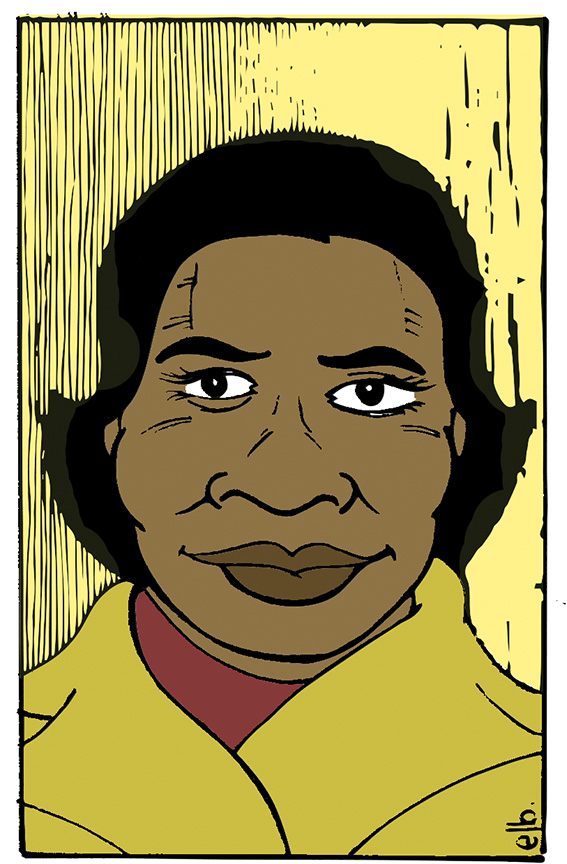
Lucile H. Bluford
Lucile Bluford (1911-2003) was an activist for both African-Americans and women; a reporter, editor, and eventually publisher of the Kansas City Call.
Bluford graduated from Lincoln High School as the valedictorian. Bluford was accepted into Kansas University’s school of journalism. After graduating from KU with honors, Bluford went to Atlanta and worked for The Daily World for a summer.
After that summer Bluford came back to Kansas City, where she worked for the Kansas City American, but eventually left The American for The Kansas City Call, where she worked for the next seven decades of her life.
In 1939 Bluford applied for the University of Missouri’s journalism graduate program and was initially accepted based on her transcripts. A year earlier Lloyd Gaines, an African-American that had applied for MU’s law program, had won a U.S. Supreme Court case against the school for admittance. Gaines went missing in 1939 before being able to attend MU.
According to a story by Daniela Sirtori of the Missourian, Gaine’s Supreme Court victory is what encouraged Bluford to apply as well.
However, when Bluford arrived at MU to register for classes, she was turned away. Bluford lost a lawsuit against MU and despite her repeated attempts to apply, MU never admitted her. In 1984 Bluford was awarded the Missouri Honor Medal for Distinguished Service in Journalism by MU and in 1989 they awarded her with an honorary doctorate.
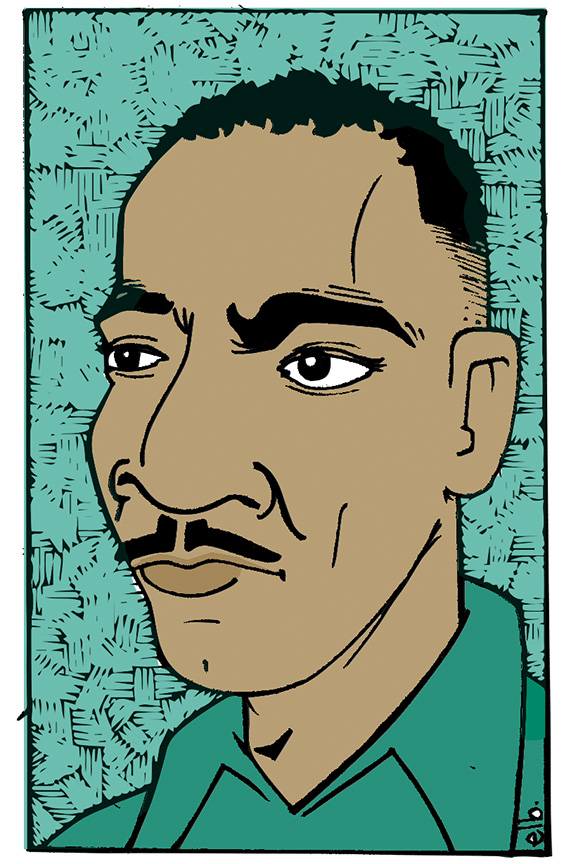
Leon Jordan
Leon Jordan (1905-1970) was a businessman, politician, activist, co-founder of Freedom Inc., and KCPD’s first black lieutenant. Jordan served KCPD for 16 years and spent 8 years training police forces in Liberia in the ‘40s.
After Jordan returned home from Liberia, he purchased the Green Duck Tavern that was on Prospect avenue. He owned the Green Duck until his death in 1970.
In the late ‘50s Jordan began his political career and activism. In 1962 Jordan co-founded Freedom Inc., whose purpose was to promote African-American voter turn-out and aid in the campaigns of African-American politicians. In 1964 Jordan won a seat in the Missouri House of Representatives and served three terms.
On July 14, 1970 Jordan was killed outside of the Green Duck Tavern. Jordan’s case went unsolved and was reopened in 2010. The three men that the 2010 investigation pointed towards have all since died


